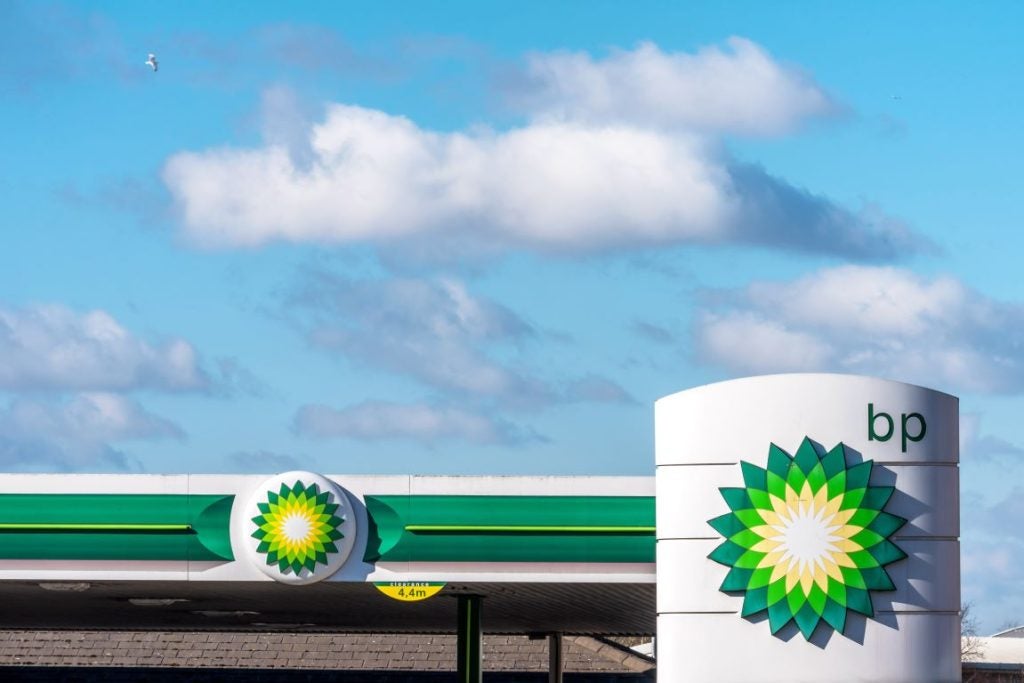
The candidates, Gregory Goff, Kaisa Hietala, Alexander Karsner and Anders Runevad, operate under the auspices of Engine 1, a hedge fund formed to mount a challenge to the company’s executive status quo. While the candidates’ policies are not driven exclusively by environmental interests, as has been seen by so-called “activist investors” elsewhere in the oil and gas sector, they have proposed a range of operational and economic reforms which aim to improve ExxonMobil’s efficiency and environmental protection.
“While ExxonMobil has focused investors in the short-term on its most advantaged projects to enhance projected returns, the board must develop a consistent strategy for all future spending that strengthens the balance sheet and dividend reliability and enables investment in the future,” wrote the Engine 1 candidates in a presentation published ahead of the vote.
This runs against a backdrop of what Engine 1 considers to be years of economic underperformance at ExxonMobil. The candidates noted that the ExxonMobil’s oil production per thousand dollars invested has declined sharply, from 38.8 in 2001 to just 7.9 in 2020.
The group also said that, compared to competitors Chevron, Shell, Total and BP, ExxonMobil has delivered around half the shareholder returns of its peers over a ten-year period, presenting the major as one that is not just struggling in terms of its own production, but in terms of profitability compared to its rivals.
The dissidents’ platform is one of investing in a narrower range of projects, which comply with stricter environmental criteria and boast strong potential returns on investment. This contrasts with the investment-heavy programme of the current board, which has resulted in the company’s net debt jump from $7bn to $63bn over the last decade.
Yet ExxonMobil has not simply allowed its operations to decay over the last decade, investing heavily in new projects. The company plans to spend up to $19bn in 2021, which will increase by up to $25bn per year by 2025.With shares in one-fifth of the world’s carbon dioxide capture technology, ExxonMobil has at least made efforts to adapt to a rapidly-changing oil and gas industry.
How well do you really know your competitors?
Access the most comprehensive Company Profiles on the market, powered by GlobalData. Save hours of research. Gain competitive edge.

Thank you!
Your download email will arrive shortly
Not ready to buy yet? Download a free sample
We are confident about the unique quality of our Company Profiles. However, we want you to make the most beneficial decision for your business, so we offer a free sample that you can download by submitting the below form
By GlobalData“We are of the view that the company’s longer-term ten-year performance remains relevant but should not be the primary consideration in determining whether change is warranted at this time,” wrote advisory firm Glass Lewis in its analysis of the board election. “As an initial point of context, we believe the company rightly points out in its solicitation materials that a ten-year performance lookback period, which Engine 1 and others have relied on in part when making their case for change, goes back to a fundamentally different oil market than currently exists.”
Despite the challenges of comparing the company’s current performance to that of a decade ago, Glass Lewis is keen to point out that the election of even one Engine 1 candidate could be something of a watershed moment for the company.
“We believe electing even a portion of Engine 1’s slate would send a clear message of shareholder dissatisfaction with Exxon’s recent direction and strategy and give the newly elected and appointed directors a mandate to develop and communicate a more comprehensive plan, which may entail following through on the company’s recent capital spending commitments or efforts to begin repositioning the company for the future,” wrote Glass Lewis. “We believe more proactively addressing the environmental, social and governance risks that are currently impacting the company will ultimately translate into improved operational and financial performance as well as greater total returns and shareholder value.”





